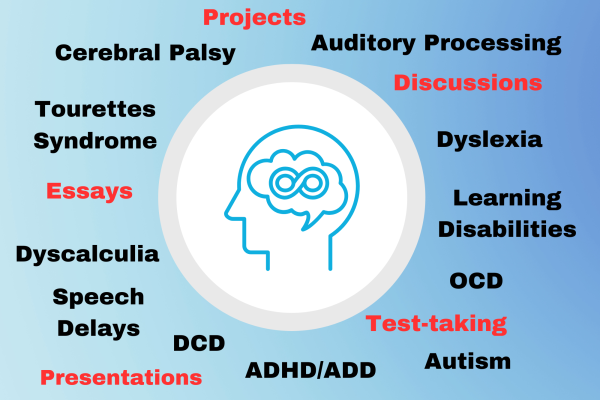Letter to the Editor: Meat our dying earth
Much of the world’s population loves to eat meat. But every time humans eat meat, they contribute to the heating of the Earth. Although cars, planes, trains and ships are culprits of greenhouse gas emissions, the global livestock industry produces more emissions than all of them combined.
According to Adam Garrett Bowling of the Stanford Law Journal, “global agriculture— dominated by livestock production and the grains grown to support it — accounts for 30 percent of greenhouse gas emissions.” Greenhouse gases trap heat, causing the temperature on Earth to increase.
According to the Environmental Working Group (EWG), the equipment needed to tend to animal feed puts out a lot of carbon dioxide. In addition, pesticides and fertilizers from animals end up in runoff. Animal waste releases nitrous dioxide and methane, which pollutes our water and air. Not only do grains and other foods sources for livestock have damaging effects, but according to Damian Carrington of United Nations University, many animals let out greenhouse gases from burping and manure. Methane and carbon dioxide are the two main greenhouse gases, and are the most impactful around the world.
The Environmental Working Group, or EWG concluded that beef, cheese, lamb and pork generate the most greenhouse gas, but of those, beef is the most harmful. According to Science Times, beef produces “twice the emissions of pork, four times as much as chicken and 13 times that of vegetable protein such as beans, lentils, and tofu. That is especially alarming since we waste so much beef.”
Not only does the production of beef produce greenhouse gases, but also uses large amounts of the world’s freshwater. Most of this water is “hidden water,” or water that you do not see that goes into products and food. According to PETA, “a single cow used for milk can drink up to 50 gallons of water per day — or twice that amount in hot weather… It takes more than 2,400 gallons of water to produce 1 pound of beef, while producing 1 pound of tofu only requires 244 gallons of water.”
Fiona Harvey of The Guardian emphasized the a widespread adoption of a vegetarian diet would limit food-related emissions by 63 percent would make people healthier too, but making the world vegetarian is an unfeasible task — so how can we make a difference?
According to United Nations University, “keeping meat eating to levels recommended by health authorities would not only lower emissions but also reduce heart disease and cancer,” so just by cutting back on the amount of meat eaten will help the environment. EWG writes that “if everyone in the U.S. ate no meat or cheese just one day a week, it would be like not driving 91 billion miles – or taking 7.6 million cars off the road.”
Going vegetarian or vegan can have amazing benefits for the earth, but even by cutting back on the amount of meat you eat will aid the environment. Campaigns like Meatless Monday not only educate people on the problem, but they allow people to immediately take action. Even packing one vegetarian lunch a week can help. Lunch services like FreshLunches here at Archer should implement a day where they serve no meat to promote eating meatless. If the demand for meat decreases, then the supply of meat will decrease as well in turn helping the environment by lowering the amount of greenhouse gases that are being emitted.
So maybe next time instead of eating that hamburger you’ll choose a salad instead.
-Sophie Goldberg ’18










